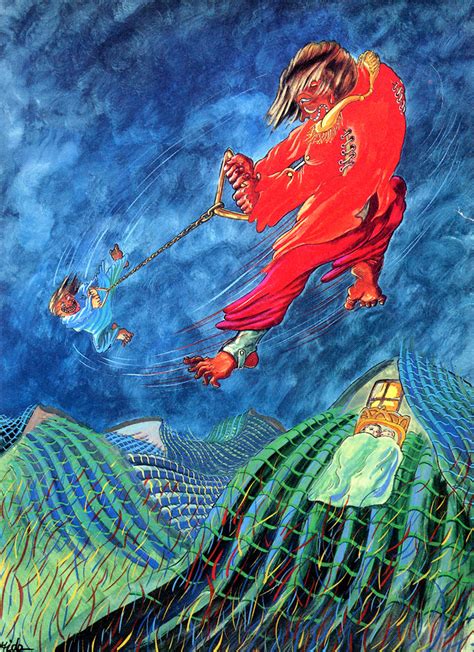A Quote by Anders Holm
I'm not patient at all. I avoid writer's block by writing. I power through with a bad version, so I can move on, and usually once I've gotten to the next scene, I'll discover what was missing from the bad version scene. Then I can easily rewrite it to get back on the right path.
Related Quotes
All my cuts are always about three hours, at the start, mainly because any scene in the movie that's 90 seconds, I probably shot a five-minute version of. If you just extrapolate that through the whole movie, I have a very long version of every scene, usually because, if there's one funny joke, I'll shoot five because I don't know if the one I like is going to work. I'll get back-ups because my biggest fear is to be in previews, testing the movie, and a joke doesn't work, but I have no way to fix it because I have no other line.
have a much harder time writing stories than novels. I need the expansiveness of a novel and the propulsive energy it provides. When I think about scene - and when I teach scene writing - I'm thinking about questions. What questions are raised by a scene? What questions are answered? What questions persist from scene to scene to scene?
You can write ten versions of a scene, and then, on the day, discover that something in the original scene worked. It's hard on writers. Hard on actors, hard on editors, hard on me, hard on the producers, who require patience and confidence. But I can't get to the end without going through this process.
That is as true for fiction or non-fiction. The writer has to really know their subject. It is really important to remember that the readers are a lot smarter than the writer. Also, good writing has to do with rewriting. You will never get it right the first time. So you rewrite and rewrite again until you get it right. Until you, and the reader, will be able to visualize what you're writing about.
When we're good, we're very, very good, and when we're bad, we're horrid. This is not news, because we're so much more inventive and we have two hands, the left and the right. That is how we think. It's all over our literature, and it's all over the way we arrange archetypes, the good version, the bad version, the god, the devil, the Abel, the Cain, you name it. We arrange things in pairs like that because we know about ourselves.





































